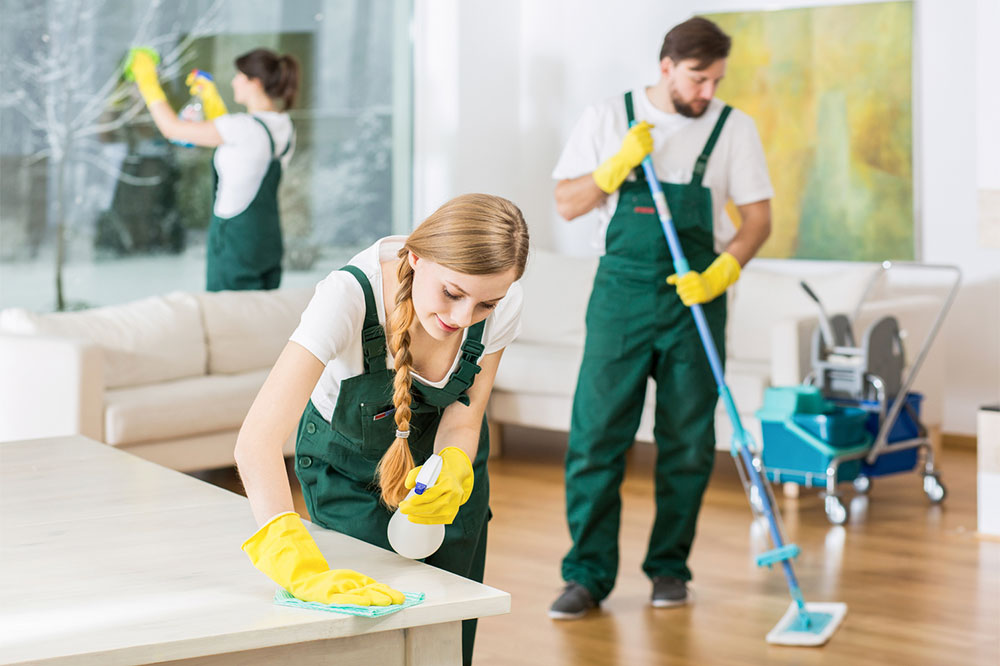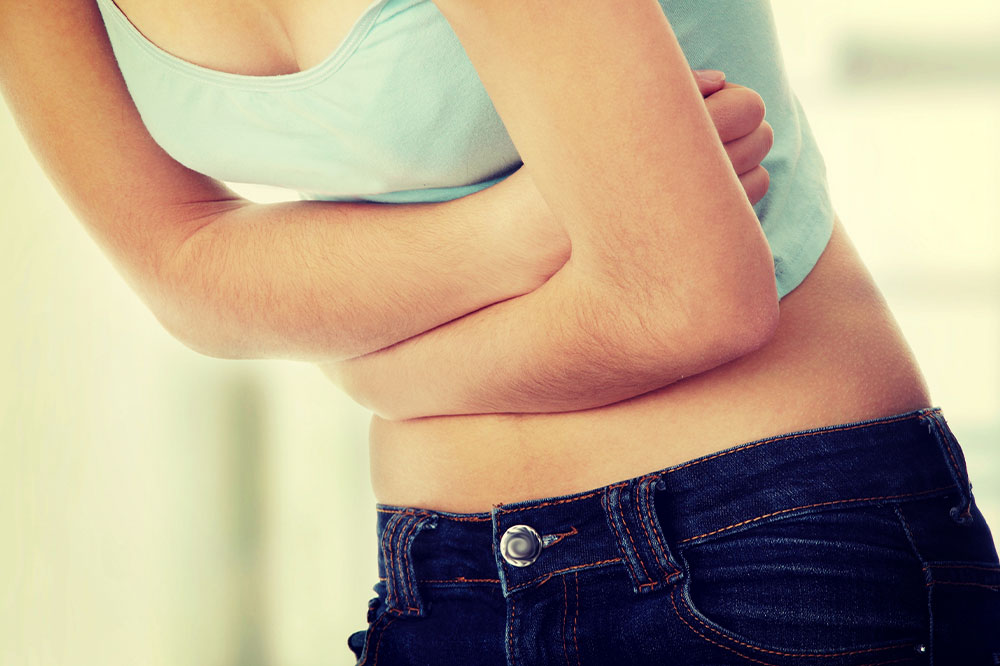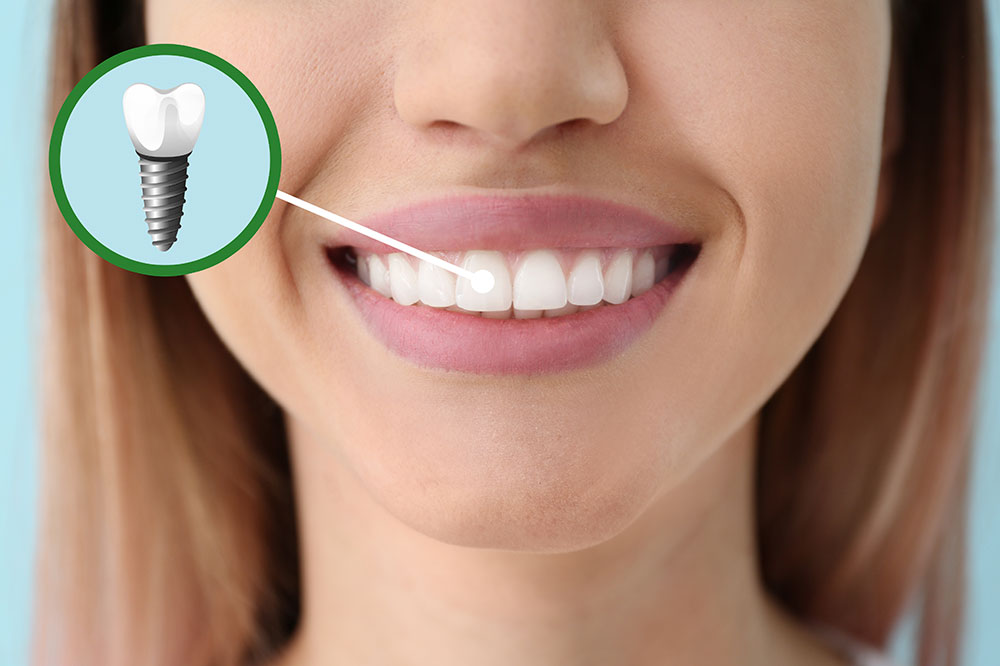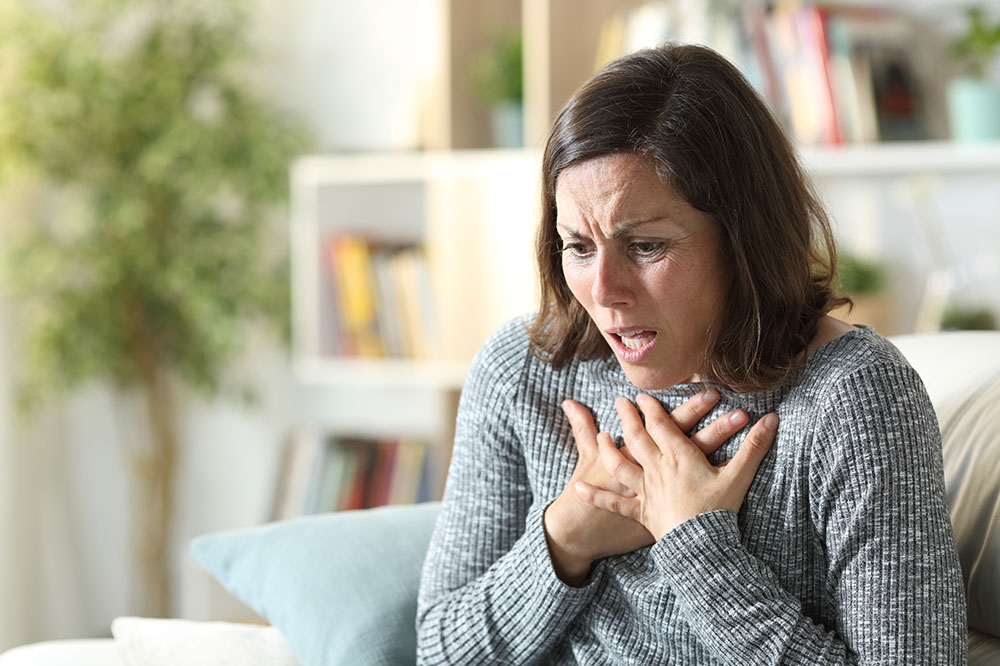5 Types of Insurance Suitable for Self-employed Cleaners

Being a self-employed cleaner or housekeeper can be challenging. You need to be organized, detail-oriented, and have specific skills to clean homes (domestic cleaners) and offices (commercial cleaners). But, most importantly, you need an insurance policy to protect you financially in case of work-related accidents that lead to property or personal damages. While there may be no specific self-employed cleaner insurance policy, consider the following to ensure you and your assets remain safe.
Public liability insurance
As a cleaner, you would work in spaces frequented by many people, such as the office cafeteria or a home’s living room. Specific tasks, such as mopping a floor, could affect their safety. For instance, someone could slip on a shop floor you mopped before it even opened to the public. But if the slip leaves them with broken bones, they could claim compensation for health expenses, legal costs, loss of wage, and other things. You could be looking to pay them thousands of dollars for that one injury. This is where public liability insurance steps in. The policy protects you from personal and property damage expenses incurred due to your work.
You do not have to worry about paperwork when getting public liability insurance, as the insurer is supposed to take care of it. With the paperwork looked after, you can continue operating your self-employed cleaning business for domestic and commercial services. But remember that many clients, mainly commercial, insist on proving that you have public liability insurance. So, without it, even your best qualifications and skills will not help you get more clients, affecting your revenue.
Property insurance
You probably use numerous tools, such as vacuum cleaners, to carry out cleaning tasks. Further, you would have technological equipment, like a cell phone, laptop, or desktop. These are necessary for the smooth operation and functioning of your business. But sometimes, these tools can get damaged or stolen, leading to additional expenses. Property insurance protects you from such costs.
Property insurance usually comes in two types: business content insurance and tools and equipment insurance. You can get either or both, depending on your need. Business content insurance covers the tools kept permanently at the site where you work. On the other hand, tools and equipment insurance protects movable tools and equipment. It is, therefore, crucial to have your business covered under these two policies to avoid any damages. However, note that your vehicles will not be covered under this policy. Commercial vehicles associated with your self-employed cleaner business qualify for a commercial auto insurance policy.
Commercial auto insurance
Self-employed cleaners qualify for this insurance only if their cleaning business has a vehicle registered under it. For instance, you may have a van to travel to different properties for cleaning jobs. You can apply for commercial auto insurance if this van is registered as a business vehicle. Then, if the van is involved in an accident and someone gets injured, you do not have to pay out of your pocket. The insurance company will cover the costs of that individual’s hospital bills and other expenses. The provider will also cover the costs of property damage due to the incident. Further, comprehensive auto insurance will cover the repair expenses of your damaged vehicle.
If you do not qualify for this form of self-employed cleaner insurance or are looking for a cheaper alternative, consider theft and fire insurance. But remember to check the eligibility criteria and coverage. Most theft and fire policies provide financial protection only if the vehicle gets damaged due to theft and fire.
Employer’s liability insurance
If you hire a person to work under you, even temporarily, you are legally required to cover them with employer’s liability insurance. Both commercial and domestic self-employed cleaners operating without employer’s liability insurance would be levied with heavy fines if caught. Not to mention, it leaves your employees unprotected. For instance, if they get injured while performing cleaning tasks, you would have to pay for the expenses from your pocket. Employer’s liability insurance also qualifies you for protection against claims levied by your own employees against you.
A significant difference between employer’s liability insurance and public liability insurance is that the former protects you from compensation claims made by employees and the latter against public claims. Your insurance agents will take care of your policy claims, so you may not have to handle your self-employed cleaner insurance paperwork.
Business insurance
The primary qualification self-employed cleaners require for this insurance is their own registered cleaning business. Business insurance offers different types of protection under one package, including those already mentioned here. However, auto insurance is an exception as you may need to get it separately. Such cleaners’ policy packages are available online and offline.
Before choosing self-employed cleaner insurance for domestic and commercial cleaners, you must consider all possible options carefully. Although the cost of multiple or package insurance policies might seem like an added burden on your burgeoning business, it is necessary to save you from unexpected expenses.
These days, self-employed cleaners can make insurance claims online or offline, which is advantageous. Also, many providers’ take care of the complicated paperwork involved in liability insurance claims, which would otherwise leave you little time. Taking responsibility for documentation means cutting back on the time you work as a self-employed cleaner for domestic and commercial properties. But, with your insurer taking care of these things, you can freely concentrate on taking on additional projects.






